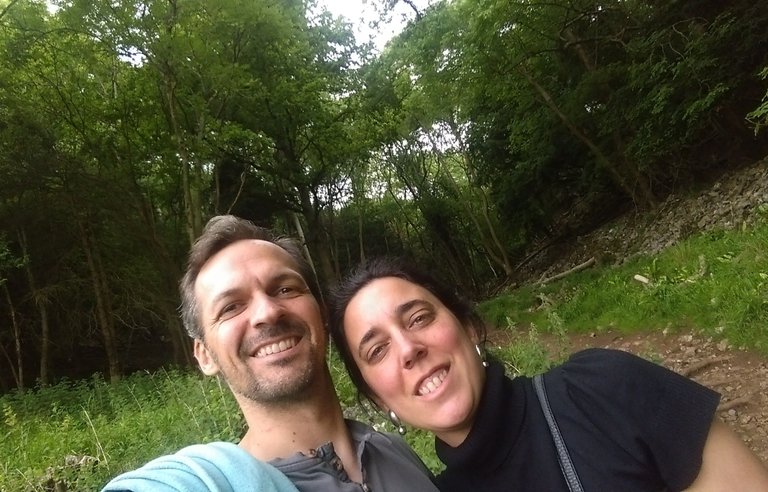The start of a new year is always a moment for reflection and setting new intentions. We think about the things we enjoy, our dreams, our habits… and we tend to go for some hardcore, nearly impossible goals usually starting with a diet and a gym membership. This year we’d like to propose a more subtle approach based on the intention to live a happier 2018 without the pressure of having to look at the scale or get stressed out because it’s already May and your lifelong dream has not come true yet.
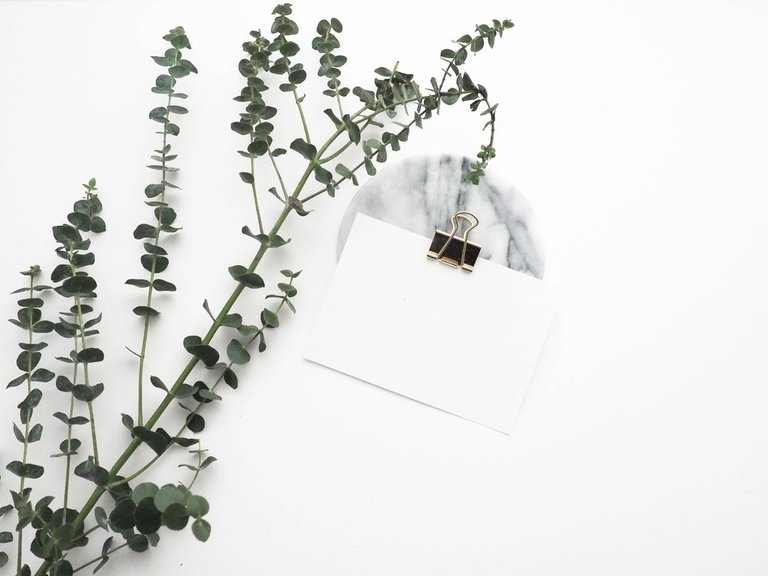
These are some ideas for a more mindful, healthier and enjoyable year. The key is to do some research on one particular area, investing some time in learning about the options and the benefits of something that really appeals to you. This way, by the time you start you will have a solid base that will help you stay on track. Choose what motivates you the most or what you think will be easier and build up your habits progressively.
Learn a new skill: Keeping the brain active helps prevent alzheimer’s disease and feeling that you have learnt something new will bring a sense of self-confidence. We live busy lives and many people might find it difficult to start a long term skill to learn like playing the piano or learning a new language, but even small things like cooking a new recipe or learning how to make soap are great and your family and friends will love you for it!
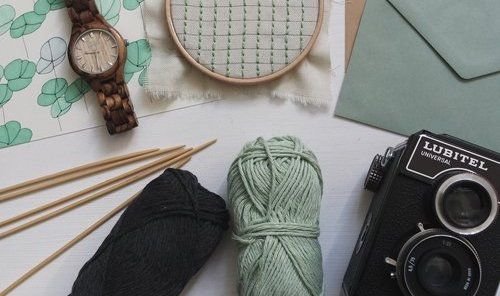
Relationships: Relationships are key to our well-being. Studies have shown that people with positive relationships live longer and happier than people who live isolated. It’s not about how many friends you have or how many times in the week you go out but about the quality of the relationships you nurture.
Gratefulness: There’s extensive research into the positive effects of being grateful and appreciate the life we have. Pausing for a moment and becoming aware of small things around us like watching a sunset of a moment of laughter can have wonderful effects on our wellbeing. This doesn’t mean being grateful for everything like health problems or conflicts but it’s about reframing these difficulties and approach them as opportunities for learning. DAVID STEINDL-RAST provides a wonderful insight into gratefulness and how to apply it in our everyday lives, you can find more information here.
Community: We live in a society that highly values privacy and individuality and, even though these are sometimes needed, we humans also need to feel connection with others. Those connections have a great effect on our mental health and feeling of happiness as we release happy hormones (Dopamine, Serotonin, Endorphins and Oxytocin), it’s important to give the brain the right chemical cocktail! A fast track to that is helping and volunteering. Not only they can boost life expectancy and reduce anxiety and fear, compassion and altruism are key to lighten up the parts of the brain that feel enjoyment and they also provide a very tangible, immediate sense of purpose.
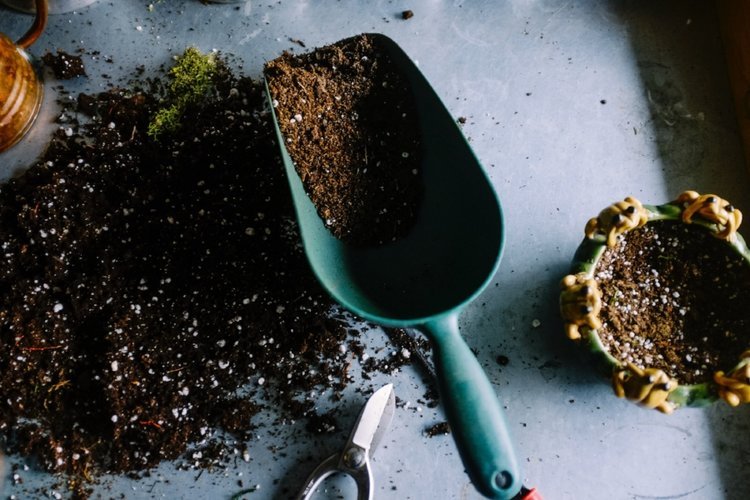
Environment: You don’t have to jump on a rubber speed boat and fight whale hunters to do your bit for the earth, you can start by looking around where you live: your home, your neighborhood, your city… Are there any changes that would help? Any green local shops or activities in your borough that you could join? How about spending more time in nature? There’s extensive research into depression caused by “nature deprivation” (especially in children) and the positive effects of spending time in nature both for our physical and emotional health (more information here).
We don’t all need to move to the country side, you can just notice a beautiful tree, flower or sunset in the city! If we all learn to reconnect with the amazing natural world around us, we’ll be more inclined to protect it, benefits that will then return to us. Besides, knowing that we’re doing the right thing brings an immediate sense of well-being (extensive research here). So make sure to enjoy it next time you’re disposing of that plastic bag correctly, knowing you’re helping keep the oceans clean and preventing those lovely turtles from choking on it thinking it’s a juicy jellyfish.

Looking after your body: Improving your diet, being active, exercising and finding some time for meditation are key to a healthy body and preventing health complications in the future. But if you're not planning on adding more of that to your daily life, you can consider your sleeping patterns: poor sleep is one of the major factors affecting obesity, moods, lowered immune function, and memory problems. Making sure you get enough sleep will help your body regulate and your mental health will improve. You can find more information about the effects of sleep and good advice on how to improve your sleeping patterns here and here.
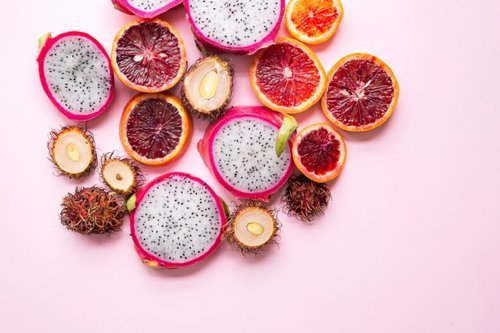
Use technology mindfully: We all have it and it’s part of our lives but that doesn’t mean we have to become slaves of it. We’re increasingly getting more information about the negative psychological and societal effects that social media can have on our mental health, particularly for children and teenagers (more information here). If you feel daring, you can try a “screen-free” day a week, simply let everyone know that you will not be available except in person or through a phone call, then turn off WI-FI and mobile data, and unplug the TV. What to do now? Ideas will soon flow and you will be surprised how amazing that day can turn out to be! But if you don’t feel ready for a full day, small acts like putting the phone in silence and keep it away during social gatherings or checking that you’re using social media in a useful, purposeful way are key to not become addicted to it.
Knowing your purpose in life: Not all of us know what our purpose in life is and that’s ok. Some people spend their lives exploring this. The idea is not about finding something definitive, but rather about questioning, keeping an open mind and allowing to be challenged, being ready to change your opinion and to evolve while searching for things that align with your core values and principles.
Your home: This is your personal space, look around and see if you’re happy with the way things are or whether it would bring you joy to paint a room with a rainbow or even go minimal, how about tidying up and decluttering and just keeping the things you really treasure?
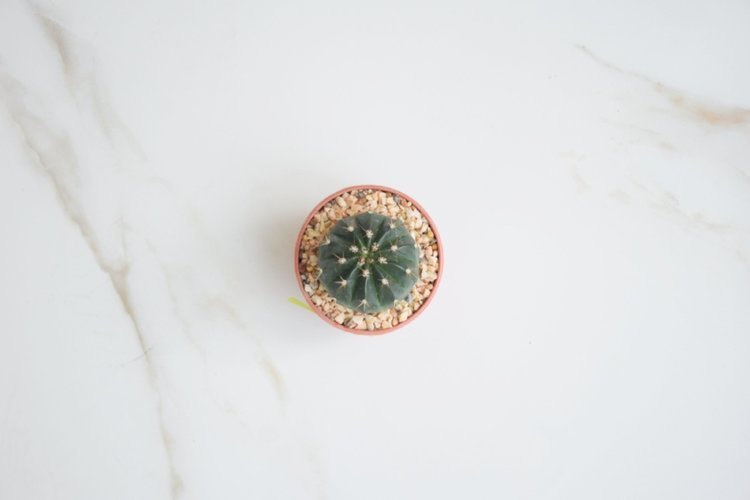
Be kind to yourself: We are human beings with gifts and flaws and that’s just how it is. It’s important to remember that we are not and will never be perfect, but we have the opportunity to share our gifts and grow from our flaws so beating ourselves up for not being perfect will only bring anxiety and sadness. Accepting ourselves better will help us accept others too. It’s all about keep on trying.
HAPPY 2018!
If you liked this post remember to upvote, resteem and send us your comments.
And don't forget to follow us on: @kensholife
See you soon!
Veronica and Enrique
